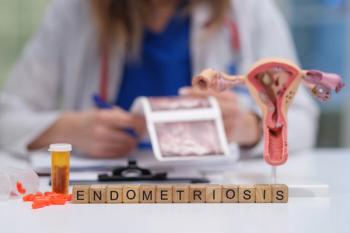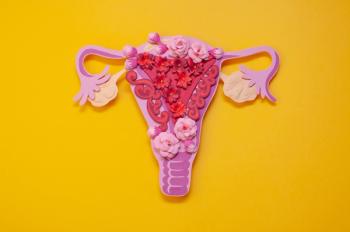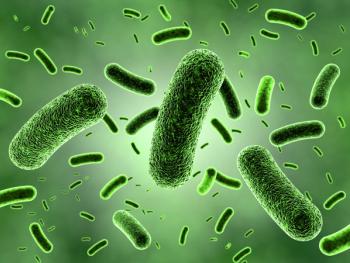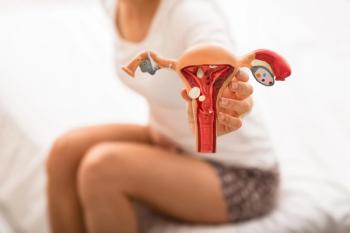
Exploring the connection between endometriosis and the gut microbiome
Although bacteria are altered in endometriosis, there is no definitive consensus on specific microbiota compositions linked to the disease, according to a review in Human Reproduction Update.
However, bacterial vaginosis-associated bacteria and lactobacillus depletion in the cervicovaginal microbiome are associated with endometriosis and infertility in the majority of included studies.
“We want to encourage more robust microbiome research for endometriosis because it is an incredibly burdensome condition that warrants additional attention and research,” said senior author Melissa Herbst-Kralovetz, PhD, director of the Women’s Health Research Program and Microbiome Initiative at The University of Arizona College of Medicine-Phoenix.
The interdisciplinary team sought to provide a deep dive into recent microbiome data for three different conditions that have not been previously discussed in the literature: endometriosis, chronic pelvic pain, and infertility.
“We also wanted to bring more awareness to the ‘estrobolome’ and its potential role in endometriosis,” Herbst-Kralovetz told Contemporary OB/GYN®. “The estrobolome is capable of regulating circulating estrogen and could be involved in the etiology of endometriosis.”
Furthermore, the review highlights some methodological concerns and limitations of past studies, plus guidance on best practices for future microbiome and clinical studies.
PubMed databases were searched for clinical and preclinical animal trials published from 2002 to early 2021. A total of 28 clinical and 6 animal studies comprised the review.
In both human and animal studies, there were alterations in the bacterial composition in endometriosis groups, but no studies included infertility or chronic pelvic pain with endometriosis.
Interpretation of endometriosis studies is limited due to a variety of methodological factors, including the fact that several clinical studies failed to mention the methods used for diagnosing the disease.
“It is critical for studies to state the diagnostic method and criteria used for diagnosing endometriosis, as well as the exclusion criteria for other conditions, to ensure that any bacterial associations are exclusively related to endometriosis and not to other underlying diseases or therapies for endometriosis,” Herbst-Kralovetz said.
Likewise, clinical studies that investigated the link of the microbiome to infertility often did not record any criteria for diagnosis of infertility. “Fertility treatments can influence the host microbiome,” Herbst-Kralovetz said.
Metadata outlining antibiotic usage, age, race/ethnicity, menopausal status, and timing of sample collection in relation to diagnosis of endometriosis was also not consistently reported.
But all six animal studies support a bidirectional connection between the gut microbiota and endometriosis onset and progression.
“In general, there is a greater appreciation for the role the microbiome is playing in women’s health; however, for some conditions like endometriosis, chronic pelvic pain, and infertility, it may come as a surprise to clinicians,” Herbst-Kralovetz said. “Moreover, some clinicians might not be aware of the microbial cross-talk between sites that might be contributing to these conditions.”
The estrobolome’s impact on estrogen and estrogen-mediated conditions may also be an unexpected finding to clinicians.
“Understanding the etiology and impact of the microbiome on endometriosis will allow us to develop novel biomarkers for diagnosis, stratify patients, and possibly develop new interventions for endometriosis and related symptoms to improve the quality of life for these women,” said Herbst-Kralovetz, an associate professor of basic medical sciences and ob-gyn at The University of Arizona.
The authors are optimistic that the review will inspire heightened investigation into the interplay of these complex conditions with the microbiome, which may lead to a better understanding of the etiology, new diagnostics, and/or interventions for endometriosis.
Disclosure:
Herbst-Kralovetz reports no relevant financial disclosures.
Reference:
1. Salliss ME, Farland LV, Mahnert ND, et al. The role of gut and genital microbiota and the estrobolome in endometriosis, infertility and chronic pelvic pain. Hum Reprod Update. Published online October 27, 2021. doi:10.1093/humupd/dmab035
Newsletter
Get the latest clinical updates, case studies, and expert commentary in obstetric and gynecologic care. Sign up now to stay informed.









